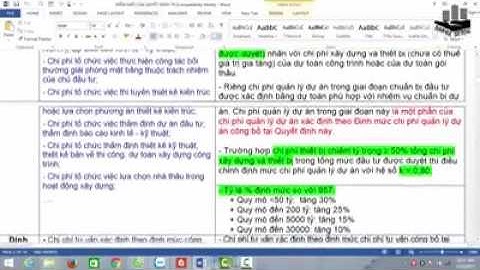In Linux, the passwd command is used to set or change user account passwords, while using this command sometimes users may encountered the error: “passwd: Authentication token manipulation error” as shown in below example. Show
Recently I was logging in to my CentOS server using my username “tecmint“. Once I am logged in I am trying to change my password using passwd utility, but a second after I am getting the following error messages. su - tecmint$ passwd tecmint Changing password for user tecmint Changing password for tecmint (current) UNIX password: passwd: Authentication token manipulation error In this article, we will explain different ways of fixing “passwd: Authentication token manipulation error” in Linux systems. 1. Reboot SystemThe first basic solution is to reboot your system. I can’t really tell why this worked, but it did worked for me on my CentOS 7. $ sudo reboot If this fails, try out the next solutions. 2. Set Correct PAM Module SettingsAnother possible cause of the “passwd: Authentication token manipulation error” is wrong PAM (Pluggable Authentication Module) settings. This makes the module unable to obtain the new authentication token entered. The various settings for PAM are found in /etc/pam.d/. $ ls -l /etc/pam.d/ -rw-r--r-- 1 root root 142 Mar 23 2017 abrt-cli-root -rw-r--r-- 1 root root 272 Mar 22 2017 atd -rw-r--r-- 1 root root 192 Jan 26 07:41 chfn -rw-r--r-- 1 root root 192 Jan 26 07:41 chsh -rw-r--r-- 1 root root 232 Mar 22 2017 config-util -rw-r--r-- 1 root root 293 Aug 23 2016 crond -rw-r--r-- 1 root root 115 Nov 11 2010 eject lrwxrwxrwx 1 root root 19 Apr 12 2012 fingerprint-auth -> fingerprint-auth-ac -rw-r--r-- 1 root root 659 Apr 10 2012 fingerprint-auth-ac -rw-r--r-- 1 root root 147 Oct 5 2009 halt -rw-r--r-- 1 root root 728 Jan 26 07:41 login -rw-r--r-- 1 root root 172 Nov 18 2016 newrole -rw-r--r-- 1 root root 154 Mar 22 2017 other -rw-r--r-- 1 root root 146 Nov 23 2015 passwd lrwxrwxrwx 1 root root 16 Apr 12 2012 password-auth -> password-auth-ac -rw-r--r-- 1 root root 896 Apr 10 2012 password-auth-ac .... For instance a mis-configured /etc/pam.d/common-password file can result into this error, running the pam-auth-update command with root privileges can fix the issue. $ sudo pam-auth-update 3. Remount Root PartitionYou might also see this error if the $ sudo mount -o remount,rw / 4. Set Correct Permissions on Shadow FileWrong permissions on the /etc/shadow file, which stores actual passwords for user accounts in encrypted format can also cause this error. To check the permissions on this file, use the following command. $ ls -l /etc/shadow To set the correct permissions on it, use the chmod command as follows. $ sudo chmod 0640 /etc/shadow 5. Repair and Fix Filesystem ErrorsMinor storage drive or filesystem errors can also cause the error in question. You can use Linux disk scanning tools such as fsck to fix such errors. 6. Free Up Disk SpaceFurthermore, if your disk is full, then you can not modify any file on the disk especially when file’s size is meant to increase. This can also cause the above error. In this case, read our following articles to clean up disk space can help solve this error.
You will also find these articles relating to managing user passwords in Linux.
That’s it for now! If you know any other solution to fix “passwd: Authentication token manipulation error”, let us know via the feedback form below. We will be grateful for your contribution. Utilities
Infrastructure and Management
Cloud Computing
Storage
Runtimes
Integration and AutomationAll Products Issue
Environment
Subscriber exclusive contentA Red Hat subscription provides unlimited access to our knowledgebase, tools, and much more. Current Customers and PartnersLog in for full access Log In |





















